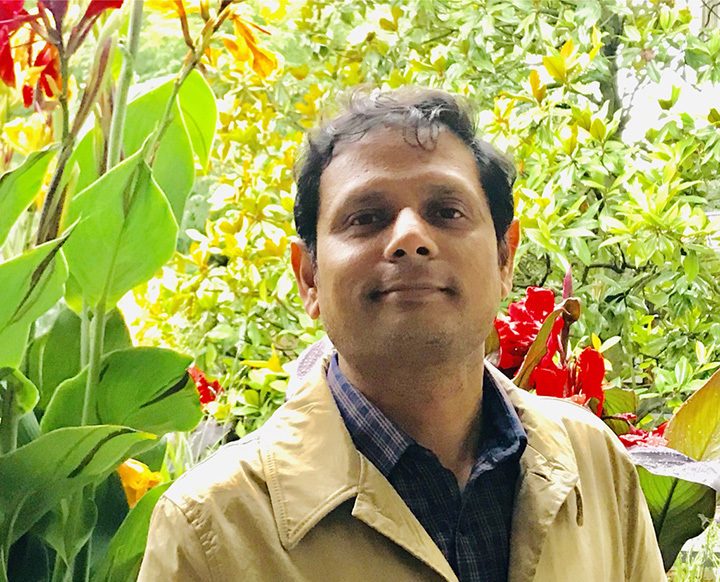If you live in London, or have visited, you might be familiar with the phrase “Mind the gap” on the London Underground… asking you to be conscious of the gap between the station platform and the train door. Equally important in life is to be aware of the gap that exists in our mind – the gap between what we normally think we can do in our lives, and what is potentially possible. In other words, the gap between our perceptions and reality, or the gap between our perceived and potential capabilities.
Our beliefs about our capabilities often arise from early childhood conditioning as well as beliefs built around society, culture, education and the influence of people around us, like friends, family and even others who may not be personally known to us (people in movies and media, influencers, leaders in politics and religion and others in the public domain).
And… as we grow older do we become wiser this?
Great psychologists and therapists like Milton Erickson and Carl Rogers have done so much for our understanding of how we can overcome limiting beliefs. Studying their life and work is in itself wonderfully rewarding, helping us to understand nuances in how peoples’ way of thinking and believing can be adapted. Without an understanding of where our beliefs come from it may be that, over time, some element of rigidity and bias can set in and I wonder whether sometimes our willingness to learn and embrace change, or different points of view, can lose momentum. It can sometimes seem that whilst as we grow older and we gain more experience, this can sometimes lead to a reluctance to accept change, or believe that we can.
Unconscious mind
Here is where the unconscious mind can step in and help us – the human brain comprises of a complex set of structures, the most relevant in this case being the prefrontal cortex (or the neocortex) and the limbic system. These two generally correspond to our conscious (or rational thinking) and unconscious (or emotional feeling).
When we tap into our unconscious mind it is possible to understand limiting beliefs, change old patterns and habits and draw upon huge strengths and motivation that can sometimes lay dormant within us.
In a therapeutic capacity, understanding the unique life experience of each person can help us to help them to tap into their own innate resources. Milton Erickson’s keen observation of people and his belief in the uniqueness of individuals and the way we build our own subjective realities is what made his therapeutic work so successful.
His way of working can be considered both an art and a science, demonstrating that it is simply not possible to standardise therapy or reduce it to a set of techniques or processes.
His creativity and willingness to push the boundaries of contemporary approaches and to work with the individual in front of him, to understand a person’s strengths and utilise what was brought into the room helped give rise to the way in which we study utilisation in psychotherapy today.
In this way we can understand hypnosis as a tool to facilitate change. As a person allows their conscious mind to quieten and harnesses their unconscious internal resources to explore change, gain new perspectives, modify unhelpful thoughts and patterns and overcome obstacles to realise their potential.
We know so much more than we think we do, hypnosis can help us tap into this reservoir of knowledge and strength.
Embrace change, create your future!
With practice, patience and persistence it is possible to explore, understand and break the old patterns that do not help us.
By understanding our motivation, by drawing upon the latent power of the mind, by learning from the experience of leading therapists and psychologists, it is possible to understand the potential that is already within us. By learning how to leverage that, we can take control of our lives rather than considering ourselves the victims of circumstance.
So, if we ‘mind the gap’, the gap between our perceived capability and our true potential, it is possible to embark on a journey, a wonderful magical journey that’s so worth the ride and to live life to the fullest, live an extraordinary life, a life on your terms.

Author
Venkdesh Balasubramanian.
Venkdesh is a student member of NSTT and is currently a student at The National College of Hypnosis and Psychotherapy where we are very proud that his motivations and values aligned to lead him to study to become a hypno-psychotherapist with us.

